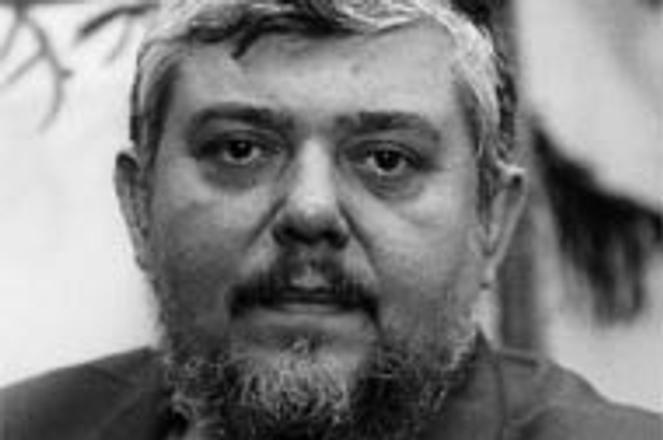President Michal Kováč may have been put between a rock and a hard place on February 6 when parliament selected two candidates from the ruling Movement for a Democratic Slovakia (HZDS) to fill a vacant judgeship at the Constitutional Court.
By law, Kováč must nominate either Ľubomír Dobrík or Ján Cuper to replace Miloš Seemann, who resigned from the position last November. Both emerged after MPs held a secret vote on eight candidates.
The candidates
While Kováč is queasy about placing a member of a party from which he resigned after a heavily-publicized spat with its chairman, Prime Minister Vladimír Mečiar, opposition deputies criticized the professional competence of both candidates. "The selection wasn't based on professionalism or ability but on party membership," said the SDĽ's legal expert, Michal Benčík.
The vice-chairman of the Christian Democratic Movement (KDH), Ivan Šimko, agreed. "Cuper always voted according to the instructions of his party," the KDH deputy said. "He is a disciplined MP, which, in fact, is a qualification completely unsuitable for a judge not only of a constitutional, but of any court."
Winged words, deeds
According to Benčík, some of the other candidates were better qualified. One of them, Peter Kresák, even used to be the judge of federal constitutional court before Czechoslovakia'split.
On the other hand, Benčík noted, Cuper was the author of a resolution barring females from driving in the left lane of a highway, accusing them of slowing down traffic. Voting records show that since November 1994, Cuper voted for all laws or parts of them, that ended up being rejected by the court. Moreover, some of the legislation struck down by the court have been drawn up by Cuper, a legal expert for the HZDS. One of those was the law shifting direct sales of state property from the government to the Fund for National Property (FNM).
President has no choice
According to Slovakia's Constitution, the president must "appoint another judge for a new period out of two persons proposed by the Slovak Parliament.... for a term...of seven years." Kováč's spokesperson Vladimír Štefko said that the president is still getting acquainted with documents that were submitted to him, but is expected to render a decision by February 28. Asked what happens if the president finds neither candidate suitable for the post, Štefko said: "He has no choice. He has to choose one of them."
But the constitution doesn't say when the president must name a replacement, fuelling speculation among MPs that Kováč won't appoint either one until his term ends in March 1998. A different guessing game has the president appointing the candidate with the most votes, which is Dobrík. Štefko said he hadn't heard of these two scenarios and therefore couldn't confirm or deny them.
Ľubomír Dobrík
Born in 1952 in Zvolen.
After graduating from Comenius University's Law Faculty in 1975, Dobrík worked as an attorney for 14 years. Since 1994, Dobrík has been a state secretary at the Ministry of Justice. He recently was the subject of press reports for dismissing the president of the Bratislava county court on November 22 without asking for an opinion of the judges' committee. The committee claimed this as being unlawful.
Dobrík is a member of the HZDS.
Ján Cuper
Born in 1946 in Dubová.
Cuper is a deputy for the HZDS in his second term. Since graduating from Comenius University's Law Faculty in 1975, Cuper worked in that school's section of general state and legal theory. Since then, he entered into private practice and helped draft the Slovak Constitution. Currently, Cuper is a member of parliament's constitution and law committee.


